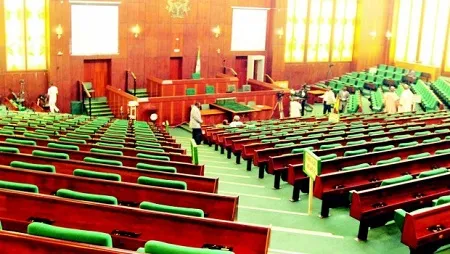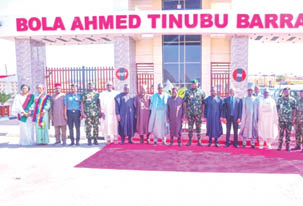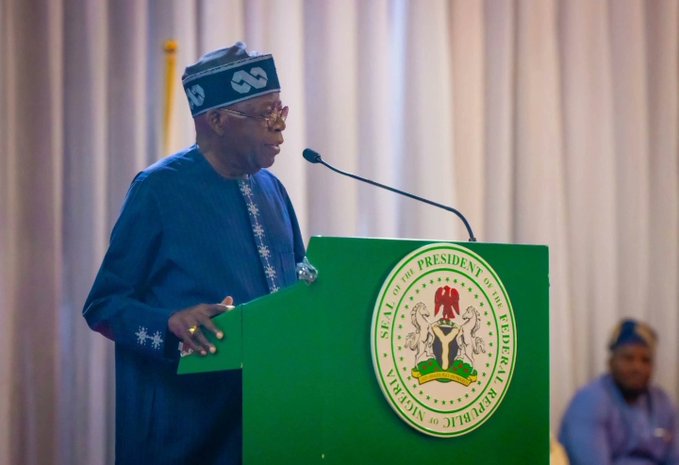Unspoken ramifications of the varsity approved for Ogoniland, by Adekunle Adekoya
LAST week, President Bola Ahmed Tinubu signed into law a bill establishing the Federal University of Environmental Technology in Ogoni, Rivers State. Announcement of the university’s establishment came after a delegation of Ogoni Leaders and other Rivers State personages paid a visit to the seat of power in Abuja. That was on January 21, and it was at that meeting that the president told the delegation that “we cannot in any way rewrite history, but we can correct some anomalies of the past going forward. We cannot heal the wounds if we continue to be angry.”
Sources close to the meeting disclosed that government saw the need to parley with Ogoni leaders in furtherance of a bid to restart oil drilling in Ogoniland, after health and environmental concerns brought that business to a halt for more than two decades. In other words, meeting Ogoni leaders is part of government’s strategy to ramp-up crude oil production. Ogoniland has a surfeit of onshore oil wells. So, one of the carrots, after meeting the president was the establishment of a university of environmental technology in Ogoniland. Of course, there will be other carrots, which for now remain unknown, except to those already eating them Smart move by the president, many would say.
I will differ, because the globally-acclaimed purpose of a university was probably not the sole consideration in establishing said university. Universities, worldwide, are centres of excellence, located at the apex of a nation’s educational system, and established primarily to nurture and culture the brightest and best of a nation’s intellect for overall national development. Do we really need a separate university to teach environmental technology?
Of course, the immediate spin-offs are attractive, both in the short and medium term perspectives. For one, it is an employment generation initiative. To start with, land speculators in Ogoniland will find themselves in business, offering acreages of land for sale to government. Then, the contractors will also locate business, as the university will need scores of blocks of buildings for administrative use, as classrooms, laboratories, hostels and every other thing that a university will need. The buildings will have to be wired and purpose-fitted, opening attaractive horizons for all manners of procurement business.
Then, the academia will also benefit — many doctoral degree holders will become emergency professors as faculties need to be filled. The various faculties and the university registry will also need career educational administrators to run the institution. JAMB will also do business — more JAMB forms will be sold to prospective students along with scratch cards to check admission placement. The informal sector will also benefit: food sellers, drinks sellers, photocopy machine operators, recharge card sellers, in fact, all manners of informal businesses will benefit from this university. These are the kind of things people in this part of the world put into consideration when undertaking a business as serious as opening a university. In this part of the world, politcians only see business opportunities in politicking. That is where there is so much politicking and no service.
But, ponder. As prospective vice-chancellors and deans of faculties warm up to be announced into their new positions, is it possible that government has done its homework well to ensure that the new university will run seamlessly? How much will be the take-off grant?What of power? Universities are towns on their own, and the demand for power by a university must be met if it is to run optimally towards meeting its objectives. How much power is generated in Nigeria? Available data indicates that total installed generating capacity is about 12,555 Mega Watts (MW). Of this, less than 6,000 actually gets distributed through a grid that collapses with the frequency that an ogbanje child troubles his/her mother. In 2024 alone, the national grid collapsed no less than 12 times. Has the power needs of this university been properly factored in? Or will it run on generators like most of its predecessors?
Right now, there are 274 universities in Nigeria. Of the 274, 149 are privately-owned, 63 are owned by state governments, while the Federal Government owns 62. Without doubt, none of the 63 federal universities are adequately funded and staffed. In fact, many of the nation’s first generation universities, which used to be globally-acclaimed centres of learning have regressed badly in the last two decades mainly due to under-funding, and most of them are battling enormous challenges as it relates to electricity.
Clearly, there are a lot of challenges ahead for the new university and the host community should be prepared to help government manage those challenges. What is more, to whom much is given, much is expected. While politics is policy in action, and is also about the allocation of resources, Ogoniland should be reminded that politics is also a “scratch-my-back, I’ll scratch yours” affair here. Ogoniland is expected to allow oil drilling resume, and come 2027, they also should know what people of that area have to do. If they forget, they will be reminded. Nothing goes for nothing, just as there is no free lunch anywhere, even in Freetown! TGIF.









